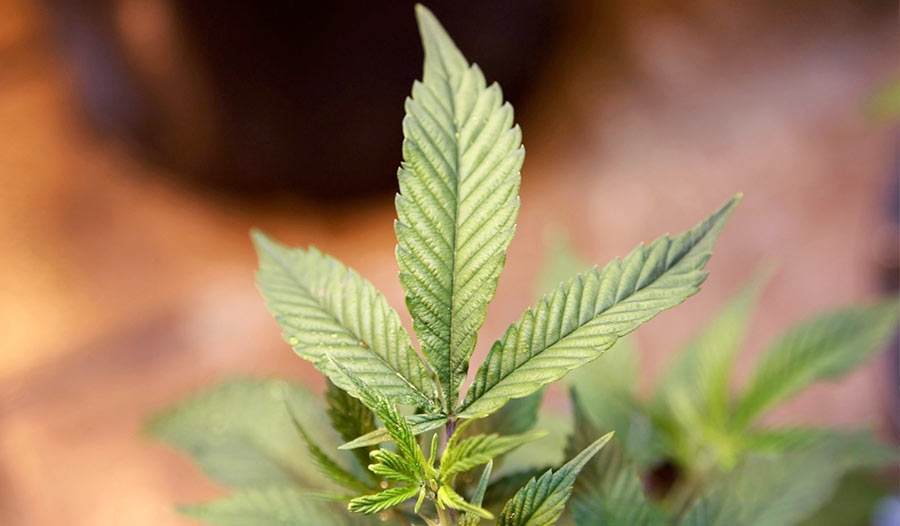
How to Cope with Cannabis Withdrawal Symptoms
If you have used cannabis extensively for a long period of time, then quit, you will probably experience withdrawal symptoms.
Withdrawal is more severe for some. This depends on body chemistry, degree of abuse and whether you were using the herb to suppress another problem. People who use it to make themselves more comfortable in social situations may experience discomfort and anxiety coming off. Similarly, individuals who used it for appetite boost, or to help with insomnia, will likely need time to readjust.
Factors that influence cannabis withdrawal include:
Time Span
Did you use for a week? A few months? A year? Five years? Ten years?
Frequency
How often did you use? Daily? Twice or thrice per day? All day, every day?
If you used heavily for the past decade, your withdrawal symptoms will probably be more severe than someone who used for only a few months at twice per week. In fact, the person who used twice per week may not experience any withdrawal whatsoever, while the individual who was using for ten years may find coping quite difficult.
Withdrawal Symptoms:
Anxiety
You may feel more anxious in social situations and develop a generalized anxiety. This is the opposite of how relaxed you felt while using the herb. Your brain is trying to compensate for the chemicals it received while you used.
Appetite changes
If cannabis helped boost your appetite, you may not feel hungry at all while coming off. In some cases, though, people actually feel hungrier coming off.
Cramps
Some people notice stomach cramps and digestion problems. Others may feel achey.
Cravings
Most people will experience a craving to use cannabis again. This is because you stimulated your brain’s pleasure center, and kept on feeding it chemicals to make you feel good. It wants its fix, and knows cannabis makes you feel good, so you will likely crave the herb.
Depersonalization
You may feel that you are not the same person or are going crazy. This is usually a result of intense anxiety. You may have never felt this way before; your brain chemistry has been disrupted.
Depression
Many people experience these symptoms. You may feel sad, and lose zest for life.
Dizziness
Some individuals report feeling dizzy. Try not to lose your cool if this is happening; just accept it as a symptom.
Headaches
Another common withdrawal symptom.
Insomnia
Not being able to sleep at night is a problem, but one that you need to tackle head on. We strongly advise against sleeping drugs. Learn relaxation techniques, or get more exercise during the day to tire yourself out at night.
Irritability
You may experience anger or frustration with the world when coming off. This will pass with enough time.
Mood swings
Some people experience extreme changes in mood when quitting. You may feel fine one minute and then enraged or depressed the next.
Nausea
Feeling nauseated, especially before, during, or after eating, is common.
Sleep disturbances
You may experience wildly vivid dreams, or have disrupted sleep.
Sweating
Another method of detoxification.
When will withdrawal symptoms subside?
Depending on the length of time and frequency that you used, time period for withdrawal will vary. Most people notice that they are completely symptom-free after ninety days. It also depends if you tapered off slowly or just quit one day randomly in “cold turkey” fashion. We maintain that cold turkey is the best way to quit, but probably the toughest for your physical and mental readjustment.
Don’t freak out if you don’t return to normal after three months of withdrawal. Keep pushing forward, and accept all of the symptoms that you experience. During the entire withdrawal period, engaging in healthful activities such as a support group, exercising, drinking lots of pure water, eating healthful foods, colonic irrigation and staying busy will help you make it through.
Fortunately, cannabis withdrawal is easier than many other drugs – so consider yourself lucky. If you aren’t able to withdraw on your own or deal with symptoms, you should consult a professional. If symptoms are still too extreme to manage, consider a rehab facility. (However, we do NOT recommend the pharma drugs widely used in these facilities.)
Those who sincerely wish to quit do so with time and the help of family and friends.




